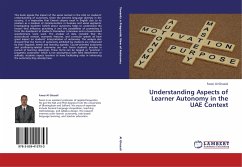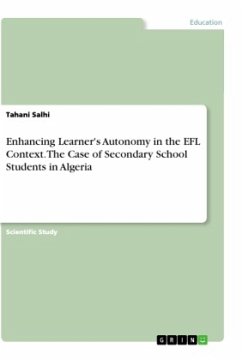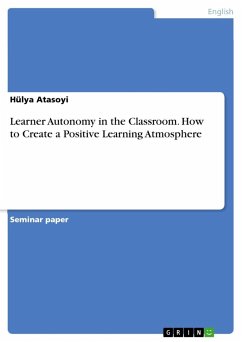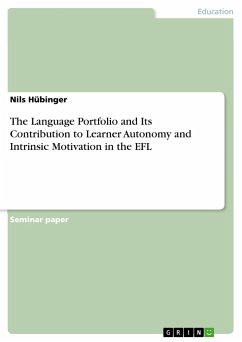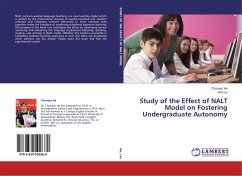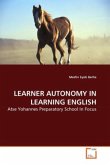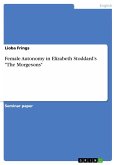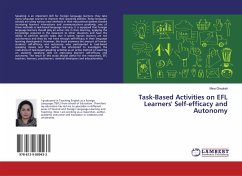This book signals the impact of the social context in the UAE on students' understanding of autonomy. Given the extreme language diversity in the country, it is imperative that Emirati citizens excel in English due to its position as a medium of communication in business and social segments. Investigating students' beliefs about autonomy helps to understand the factors that influence practising it and the possibilities of promoting it from the standpoint of students themselves. Interviews and a closed-ended questionnaire were used. The analysis of data revealed that the sociocultural context, economic features, and curricular system all have great impact on students' interpretation of autonomy. The analysis also showed that the forms of autonomy exhibited by students are influenced by their linguistic needs and learning agenda. Course-oriented autonomy and proficiency-related autonomy are two forms students practise in pursuit of learning objectives. These forms can be tagged as "practical / pragmatic autonomy" which is not synonymous with total detachment or solitude; students expect teachers to have facilitating roles in enhancing the autonomy they already have.

